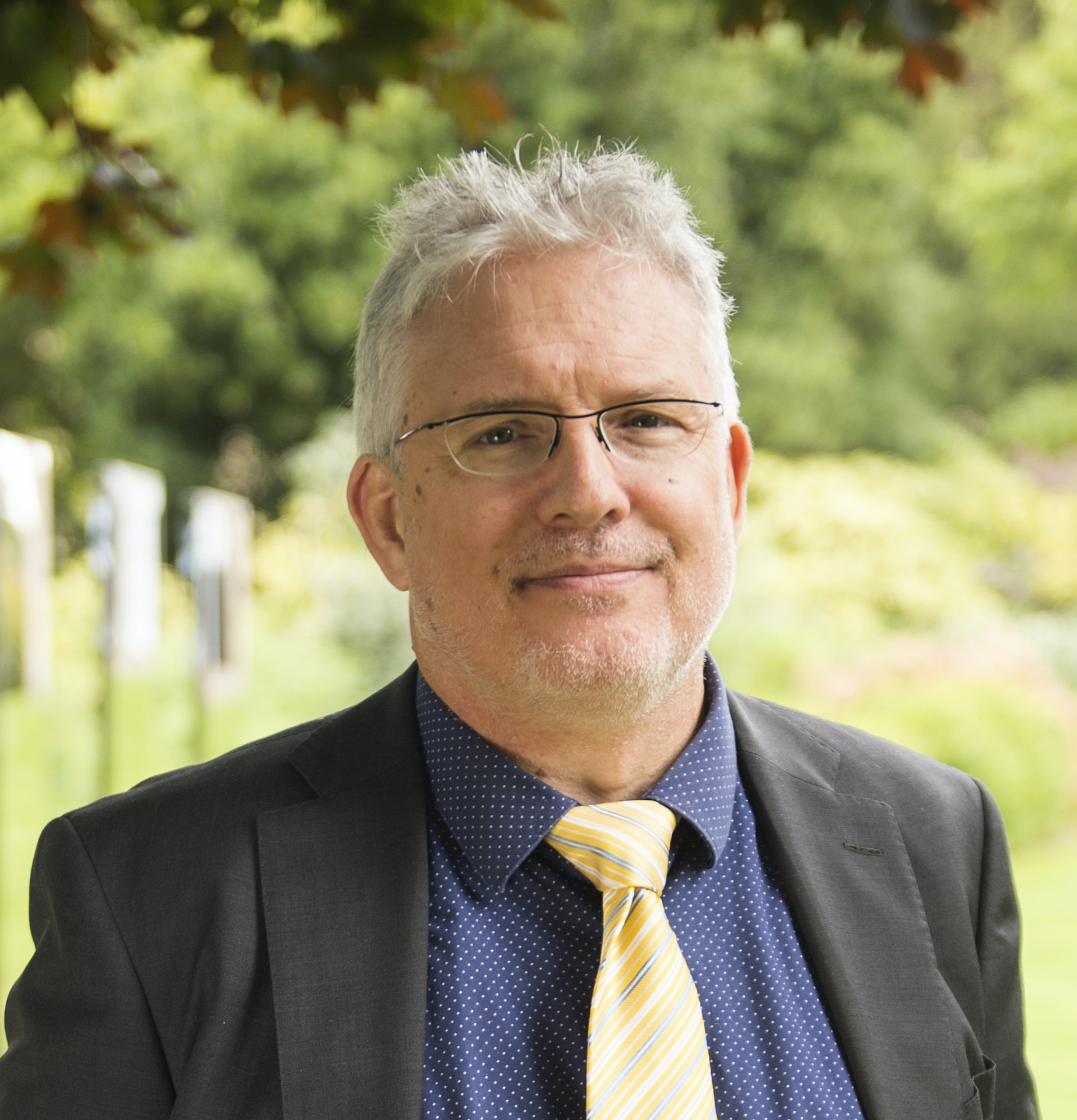The idea that global warming has “stopped” is a contrarian talking point that dates back to at least 2006. This framing was first created on blogs, then picked up by segments of the media – and it ultimately found entry into the scientific literature itself. There are now numerous peer-reviewed articles that address a presumed recent “pause” or “hiatus” in global warming, including the latest IPCC report.
So did global warming really pause, stop, or enter a hiatus? At least six academic studies have been published in 2015 that argue against the existence of a pause or hiatus, including three that were authored by me and colleagues James Risbey of CSIRO in Hobart, Tasmania, and Naomi Oreskes of Harvard University.
Our most recent paper has just been published in Nature’s open-access journal Scientific Reports and provides further evidence against the pause.
Pause not backed up by data
First, we analysed the research literature on global temperature variation over the recent period. This turns out to be crucial because research on the pause has addressed – and often conflated – several distinct questions: some asked whether there is a pause or hiatus in warming, others asked whether it slowed compared to the long-term trend and yet others have examined whether warming has lagged behind expectations derived from climate models.
These are all distinct questions and involve different data and different statistical hypotheses. Unnecessary confusion has resulted because they were frequently conflated under the blanket labels of pause or hiatus.

NOAA
To reduce the confusion, we were exclusively concerned with the first question: is there, or has there recently been, a pause or hiatus in warming? It is this question – and only this question – that we answer with a clear and unambiguous “no”.
No one can agree when the pause started
We considered 40 recent peer-reviewed articles on the so-called pause and inferred what the authors considered to be its onset year. There was a spread of about a decade (1993-2003) between the various papers. Thus, rather than being consensually defined, the pause appears to be a diffuse phenomenon whose presumed onset is anywhere during a ten-year window.
Given that the average presumed duration of the pause in the same set of articles is only 13.5 years, this is of concern: it is difficult to see how scientists could be talking about the same phenomenon when they talked about short trends that commenced up to a decade apart.
This concern was amplified in our third point: the pauses in the literature are by no means consistently extreme or unusual, when compared to all possible trends. If we take the past three decades, during which temperatures increased by 0.6℃, we would have been in a pause between 30% and 40% of the time using the definition in the literature.
In other words, academic research on the pause is typically not talking about an actual pause but, at best, about a fluctuation in warming rate that is towards the lower end of the various temperature trends over recent decades.
How the pause became a meme
If there has been no pause, why then did the recent period attract so much research attention?
One reason is a matter of semantics. Many academic studies addressed not the absence of warming but a presumed discrepancy between climate models and observations. Those articles were scientifically valuable (we even wrote one ourselves), but we do not believe that those articles should have been framed in the language of a pause: the relationship between models (what was expected to happen) and observations (what actually happened) is a completely different issue from the question about whether or not global warming has paused.
A second reason is that the incessant challenge of climate science by highly vocal contrarians and Merchants of Doubt may have amplified scientists’ natural tendency to be reticent over reporting the most dramatic risks they are concerned about.
We explored the possible underlying mechanisms for this in an article earlier this year, which suggested climate denial had seeped into the scientific community. Scientists have unwittingly been influenced by a linguistic frame that originated outside the scientific community and by accepting the word pause they have subtly reframed their own research.
Research directed towards the pause has clearly yielded interesting insights into medium-term climate variability. My colleagues and I do not fault that research at all. Except that the research was not about a (non-existent) pause – it was about a routine fluctuation in warming rate. With 2015 being virtually certain to be another hottest year on record, this routine fluctuation has likely already come to an end.
![]()
—————————————
This article was originally published on The Conversation. Read the original article.
This blog is by Cabot Institute member Prof Stephan Lewandowsky, University of Bristol.
 |
| Prof Steve Lewandowsky |
